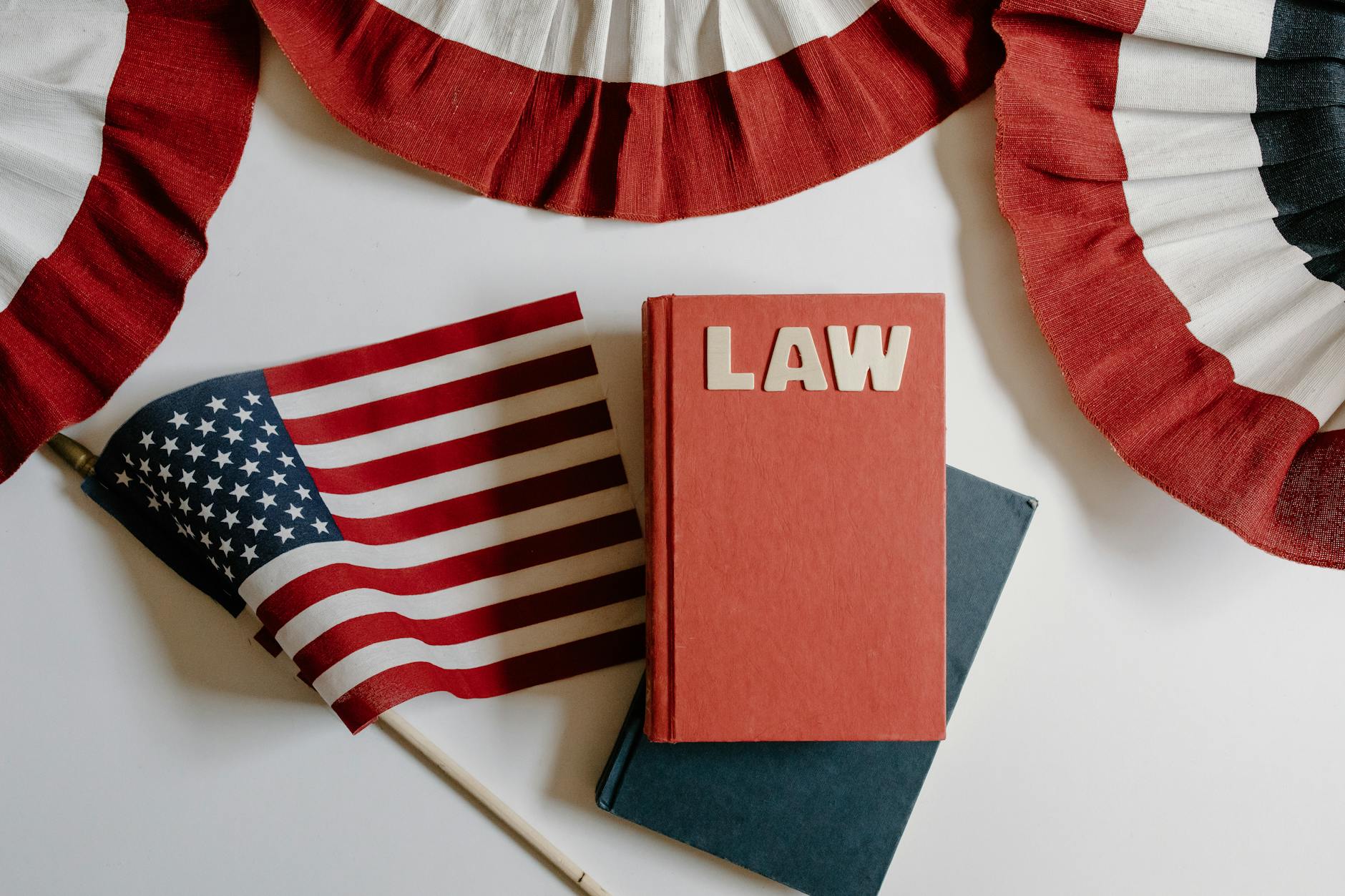Washington D.C. is bracing for a monumental legal showdown as the nation’s highest judicial body prepares to delve into a highly contentious case that could redefine the boundaries of presidential authority. At the heart of this unfolding drama is a crucial debate over whether a President can unilaterally dismiss a sitting Federal Reserve Governor, a question that has already seen two lower federal courts intervene to block such an action, signaling the profound constitutional implications at stake.
Unpacking the High-Stakes Battle Over Fed Independence
The controversy stems from a previous administration’s attempt to remove a specific individual serving on the Federal Reserve Board of Governors. The Federal Reserve, a cornerstone of economic stability, operates with a degree of independence precisely to insulate monetary policy from immediate political pressures. Governors are typically appointed to lengthy, fixed terms, a design intended to foster stability and expert decision-making. The efforts by a former President to unseat a governor sparked immediate legal challenges, questioning the extent of executive power over such critical, independent financial institutions.
Lower Courts Block Dismissal, Paving Way for Supreme Court Showdown
The path to the Supreme Court has been a judicial journey marked by consistent rulings from lower federal courts. In two separate instances, federal circuit courts sided against the executive branch’s authority to remove the Federal Reserve official. These judicial decisions underscored a perceived overreach of presidential power, affirming the protective mechanisms designed to ensure the autonomy of key regulatory bodies. These uniform rulings have now elevated the intricate legal dispute to the highest court, setting the stage for a landmark decision that will scrutinize the delicate balance of power between the executive branch and independent governmental agencies.
As the Supreme Court readies to hear arguments, the impending decision holds immense implications not just for the individual at the center of this dispute, but for the very structure of governance. The ruling will undoubtedly clarify the limits of presidential power, reinforce or redefine the independence of key financial institutions like the Federal Reserve, and set a precedent for future interactions between the executive branch and independent regulatory bodies.

Leave a Reply